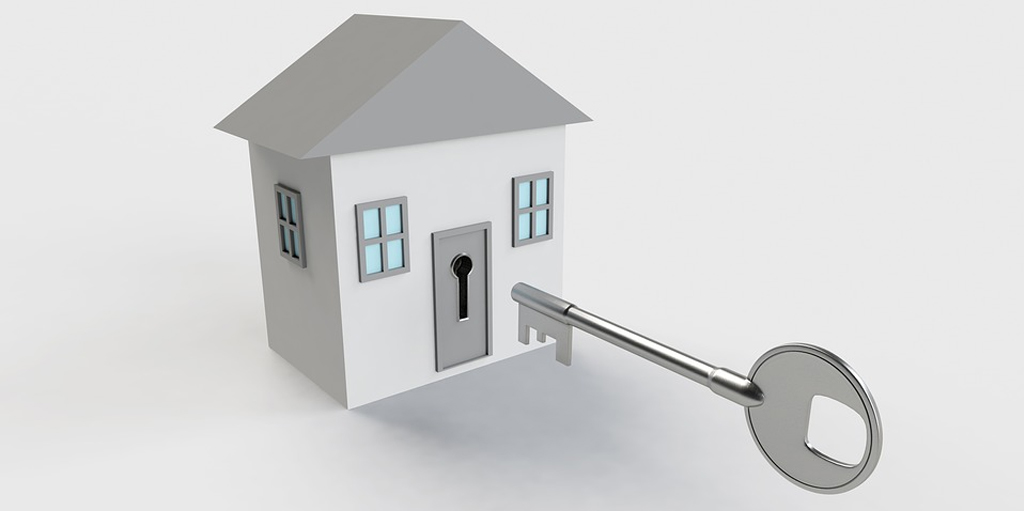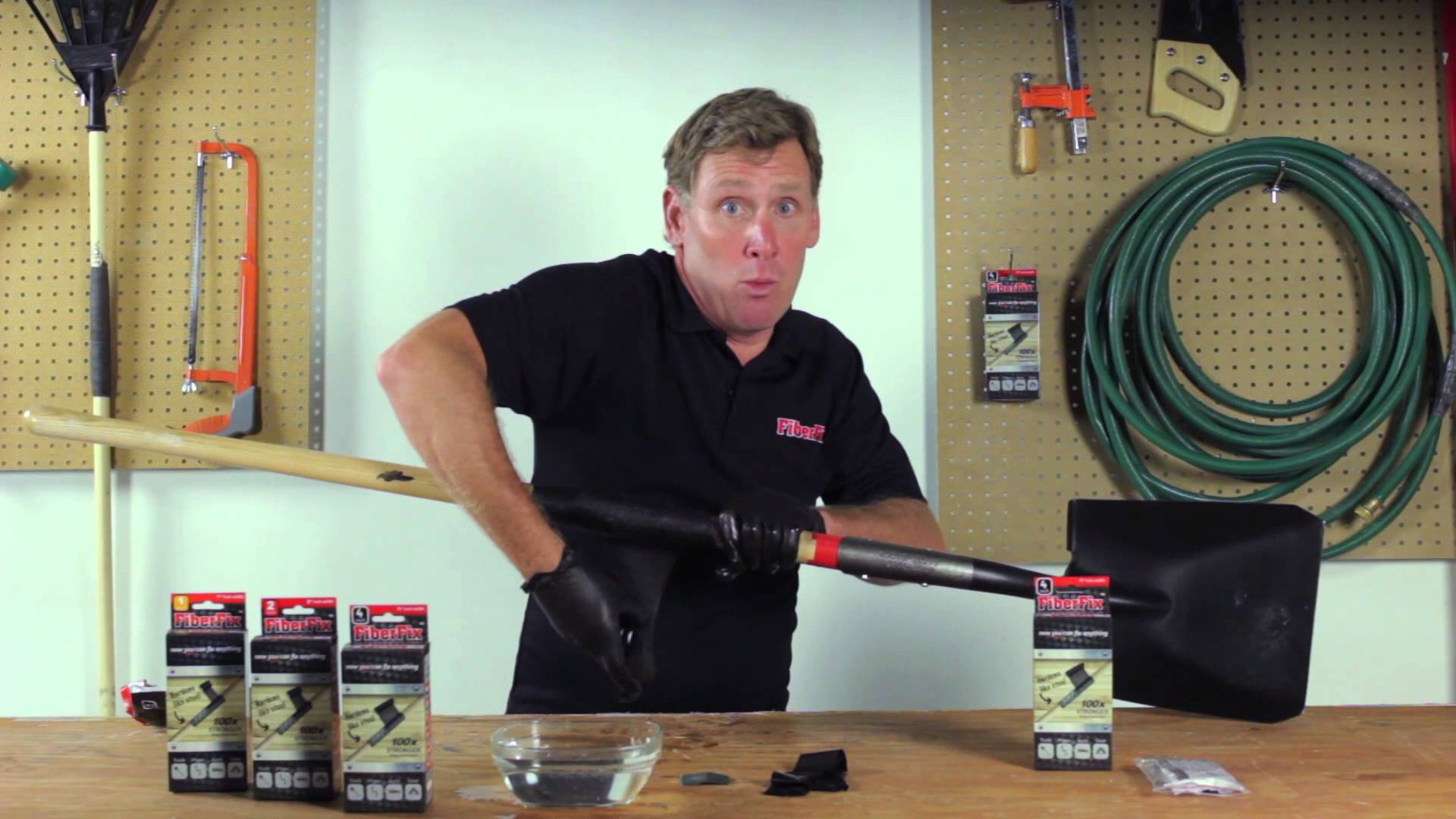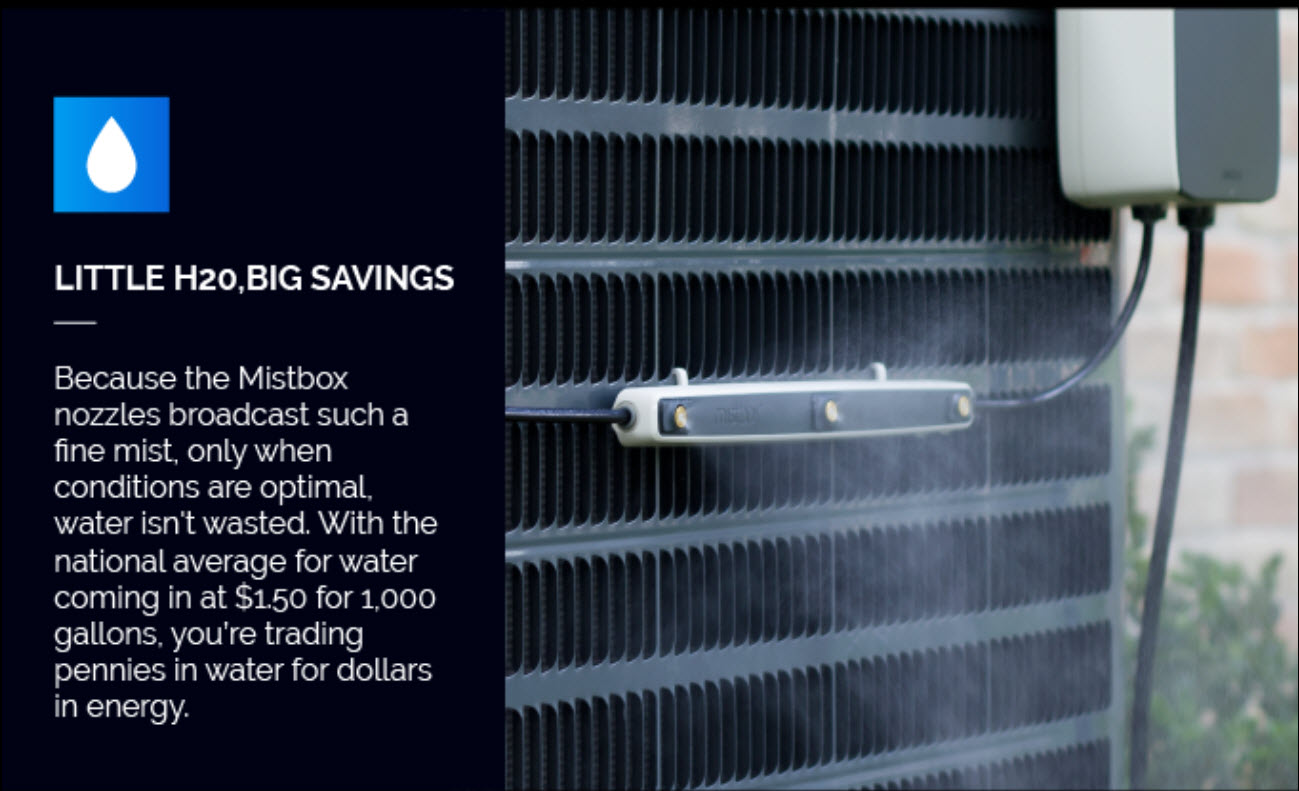
Giving your house a routine physical
___
Published Date 5/8/2018
You get your teeth checked and cleaned and when you remember to do it, go to the doc for a physical. You regularly take your car in for maintenance checks and don’t give it a second thought. But what about your house? It sits unflinchingly sheltering you, and you seem to pay attention to it only when something leaks, the power goes out in the middle of a program on TV, or a toilet backs up.
Think about it. When homes are newly built, homebuilders make sure new owners receive a hefty amount of literature regarding maintenance not just covering the first year of the home’s life, but some great advice about home maintenance. Subsequent homeowners don’t get that orientation, however, and assume all is well when they sign on the dotted line. Think of not getting a home inspection like not checking your car for oil and 5 years and when something goes wrong claiming the car was a lemon.
Especially if you bought a house with experience, a home maintenance inspection should be included in your budget every 3-5 years. It can put to rest your concerns about your roof being compromised, your foundation crumbling, and your hot water heater being on its last legs — all BEFORE disaster strikes, often saving you much more than the cost of the inspection itself.
A home maintenance inspection also gives you a full picture of any below-the-radar repairs that need to be completed before you put your home up for sale. Full disclosure at the point of purchase is required by law (even suspicion of an impending disaster), so dealing with your home’s health preemptively is among the wisest decisions you can make.
Regardless of your intention to sell, however, it’s a prudent homeowner who opts to get their home a check-up. A home maintenance inspection is done by a licensed expert who checks out all the main systems of your home, including roofing, walls, foundation, HVAC, electrical and plumbing and offers you a detailed run-down on anything that might be starting to malfunction or is on it last gasp.
Home inspection experts admit many homeowners may not even notice a problem. But a good inspector can see signs that something is starting to go: small cracks, uneven wearing, or even just appliances such as water heaters and boilers reaching the eventual end of their lives. They can also remind you of the regular maintenance you should be doing on your house. It’s definitely a way to keep little problems from turning into big ones.
The inspector usually quietly walks through the home either with you along for the ride or meeting with you afterward. He or she will show you what was found and explain what each item means, offering you opportunities to ask questions or get clarifications. And, like a doctor who tells you to cut out the sugar and get more exercise at the end of a routine physical, the inspector will point out things you should be doing regularly to keep all of your home's systems functioning in tiptop shape.
Within a week you'll get a written report detailing everything the inspector found. That means mentally preparing yourself for a to-do list at the end of this process.
An advantage of a home maintenance inspection is that the inspector provides an unbiased opinion. They have no skin in the game, unlike asking a roofer or a contractor to tell you what needs to be done. That’s why if you do suspect something is in disrepair, it's wise to call in a home maintenance inspector before a repair company. After all, a home inspector isn't going to make any money off doing the repairs. Truth is all they try to offer.
Prices for home inspections vary depending on the area in which you live and size of the home, but the average range is $200–$400 — more if you include pool inspections or backyard structural advice (retaining walls, patio covers, etc.) Considering the fee for electrical, foundation, or roof repairs can be three to four times higher, that's nothing to sneeze at.
Source: Realtor.com,TBWSAll information furnished has been forwarded to you and is provided by thetbwsgroup only for informational purposes. Forecasting shall be considered as events which may be expected but not guaranteed. Neither the forwarding party and/or company nor thetbwsgroup assume any responsibility to any person who relies on information or forecasting contained in this report and disclaims all liability in respect to decisions or actions, or lack thereof based on any or all of the contents of this report.


Austin Hurt
Associate Broker
License: FA100093035
Gold Compass Real Estate, Inc.
4 West Dry Creek Circle Suite 100, Littleton CO
Office: 303-325-5690
Cell: 720-877-1370
Email: sales@coloradohomeblog.com

Austin Hurt
___
Associate Broker
License: FA100093035
Cell: 720-877-1370
Last articles
___

The March Personal Consumption Price Expenditures Price Index
3/29/2024
PCE is the key measure of inflation for the Federal Reserve... view more

Three things that could impact rates the week starting 03-18-24
3/19/2024
This week we look to FOMC, other central banks and Treasury auctions as the prim... view more

Three things that could impact rates the week starting 03-11-24
3/11/2024
This week we look to Inflation, Retail Sales and Treasury Auctions to be the pri... view more

Three things that could impact rates the week starting 03-11-24
3/11/2024
This week we look to Inflation, Retail Sales and Treasury Auctions to be the pri... view more

Three things that could impact rates the week starting 02-26-24
2/26/2024
This week we look to US treasury Auctions, PCE and Federal Reserve speakers to b... view more

Three things that could impact rates the week starting 02-20-24
2/20/2024
This week we look to the FOMC minutes, Treasury Auction and geopolitics are the ... view more

The February Consumer and Producer Price Indexes
2/16/2024
The inflation data for January was much higher than expected... view more

Three things that could impact rates the week starting 02-12-24
2/12/2024
This week we look to Inflation, Fed comments and Retail Sales data as primary mo... view more

Three things that could impact rates the week starting 02-05-24
2/5/2024
This week we look to Fed comments, Treasury Auctions and Domestic News as the pr... view more

Three things that could impact rates the week starting 01-22-24
1/22/2024
This week we look to Central Bank decisions, GDP and PCE as the primary movers f... view more
Load more
 Gold Compass Real Estate, Inc.
Gold Compass Real Estate, Inc.





























































































